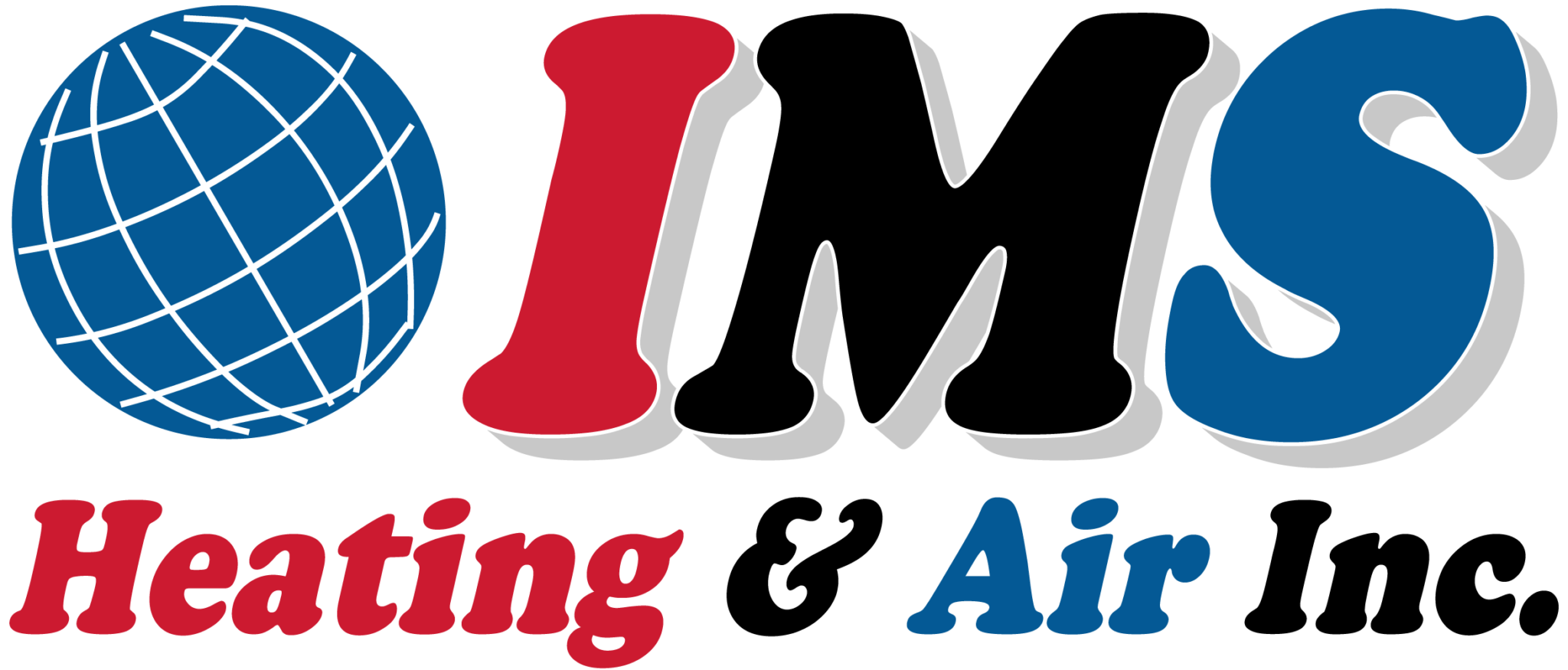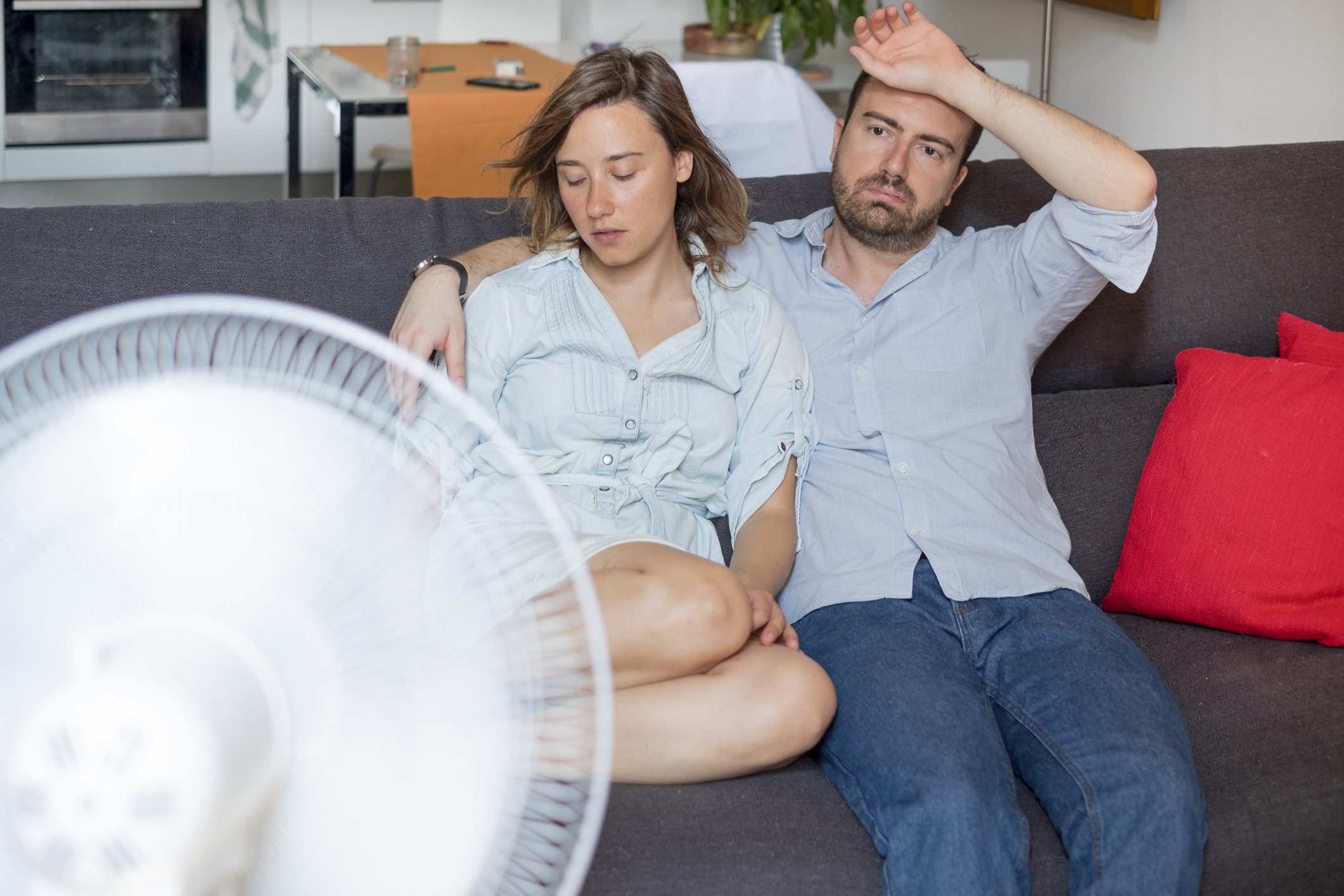Living in Northern Colorado means that having an HVAC system in place is a necessity. Whether it’s to cool your home or warm it up, finding the right appliance for your home means properly weighing your options.
When considering the option of a heat pump vs AC, you’d be right to think that both perform the same task of warming or cooling the air in your residence. However, there are some fundamental differences between the two.
In this article, we break down the differences between heat pumps and ACs so you can make an informed decision on which system is best suited for your home.
Defining Heat Pumps and ACs
The key to making the right call is understanding what each appliance is and how they work. Let’s take a look at how they’re defined. Equipped with this information, you can then make the decision about what’s right for your household in terms of a heat pump vs AC.
What Is a Heat Pump? How Does It Work?
Heat pumps are a type of home heating and cooling system that utilize electricity to transfer heat from one place to another to effectively heat or cool a space. They make use of two main parts: a condenser and an evaporator.
To heat a space, the condenser absorbs heat from outdoor air and moves the heat across tubing that contains refrigerant. It then moves this heat to the evaporation unit, where it warms the air inside.
To cool a space, the pump simply works in reverse. Rather than taking the heat from the outdoors and bringing it in, it takes the heat from indoors and carries it out. The process creates cold air through the endothermic properties of the refrigerant. From there, a motor operates a fan that sends the air through a filter and outwards.
When thinking about a heat pump vs air conditioner, the dual benefit of heating and cooling can be worth it for many homeowners.
What Is an AC? How Does It Work?
Air conditioners are cooling systems that remove heat to cool indoor spaces. AC units operate similarly to heat pumps, using condensers and evaporators. However, unlike heat pumps, ACs only provide a cooling functionality.
The condenser of the unit is positioned outdoors, in a casing that protrudes from a wall or window. The evaporator of the unit, meanwhile, is located within the interior’s casing.
When you turn on the AC unit, the first thing it does is draw air. Then it runs the air over a series of refrigerator coils. The heat from the air then moves to the condenser, and hot air gets forced outside while the resulting cold air, after passing through a filter, gets pushed inwards.
Which Is Better For Homes: a Heat Pump or an AC?
There’s no one-size-fits-all solution when it comes to choosing the appliance best suited to a home.
One factor to consider, however, is that Northern Colorado experiences all seasons, so it makes sense to choose an HVAC system that provides both heating and cooling. Therefore, for utility, heat pumps take the cake. While some homes might have a separate and already-existing heating system and only require an AC, others might want to bundle the functionality of both.
If it’s a matter of heat pump vs air conditioner cost, however, the win goes to AC, as they’re often more affordable compared to their counterparts.
To help you make your decision, below is the breakdown of the pros and cons for each.
Heat Pump Pros
There are a lot of advantages to having a heat pump installed in your home, including:
- Both heating and cooling benefits
- Many modern options qualify for rebates or tax benefits
- A new appliance usually comes with a warranty for peace of mind
- Often more energy-efficient (pay attention to the unit’s BTU rating)
Heat Pump Cons
Just as there are many advantages to having a heat pump, there are some potential drawbacks to consider when thinking about a heat pump vs AC. These include:
- Purchasing and installing a heat pump is more expensive than an AC because it serves multiple purposes
- Lower-quality heat pumps might be less effective during extreme cold snaps, but this is when compared to an alternative heating source rather than an AC unit
- The cooling effects of a heat pump are more effective than the heating properties
AC Pros
Even with the protection of Colorado’s mountainscapes, many homes experience sweltering heat, which is where an AC comes in handy. When considering the difference between heat pump and air conditioners, the modern AC comes with a series of benefits, such as:
- An effective AC can cool a home quickly and maintain a pleasant climate
- Compared to other options, air conditioners are on the more affordable end of the spectrum and allow homeowners to save money on their HVAC systems
- Air conditioners are easy to find and order. The quantity of models on the market can help the average homeowner
To find a suitable unit, it’s always recommended to consult a professional, as they can help you properly size and install it.
AC Cons
Air conditioners also have their fair share of downsides. Some cons of AC units are:
- Less energy efficient compared to heat pumps, especially when the weather gets to extremes. This means they’re more likely to break
- AC units can cause a racket, even with proper installation. Some are noisier than others, but almost all of them are noisier than a heat pump
- An AC doesn’t heat, so it’s only half a solution
When determining which route to take, consider these variables. Key considerations include thinking about whether you already have effective heating or cooling, and whether you’re eligible for any energy-efficiency rebates.
Assess which appliance type meets your expectations better and keep this info handy for when you speak with the pros.
Contact the Pros For Help
The best way to determine for sure whether a heat pump vs AC is right for you is to touch base with the right experts.
Connect with our team of professionals and contact IMS Heating & Air for more information on air-source heat pump and AC installation, repair, maintenance, and more.





